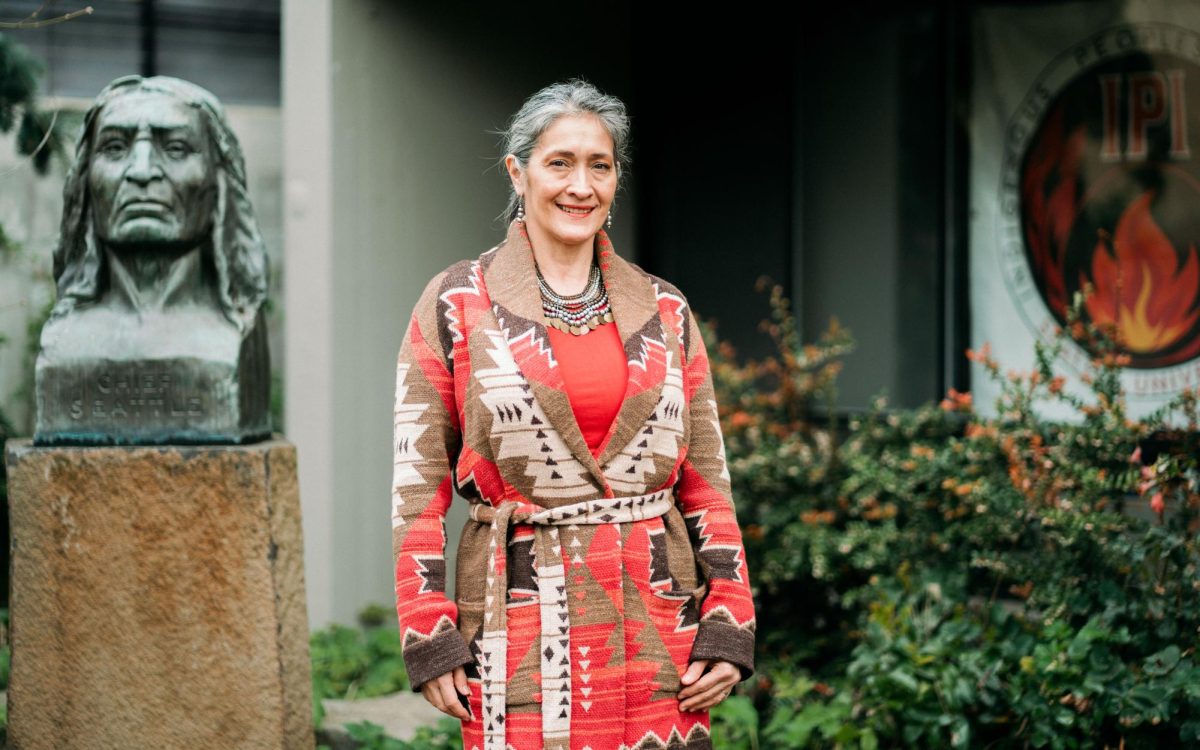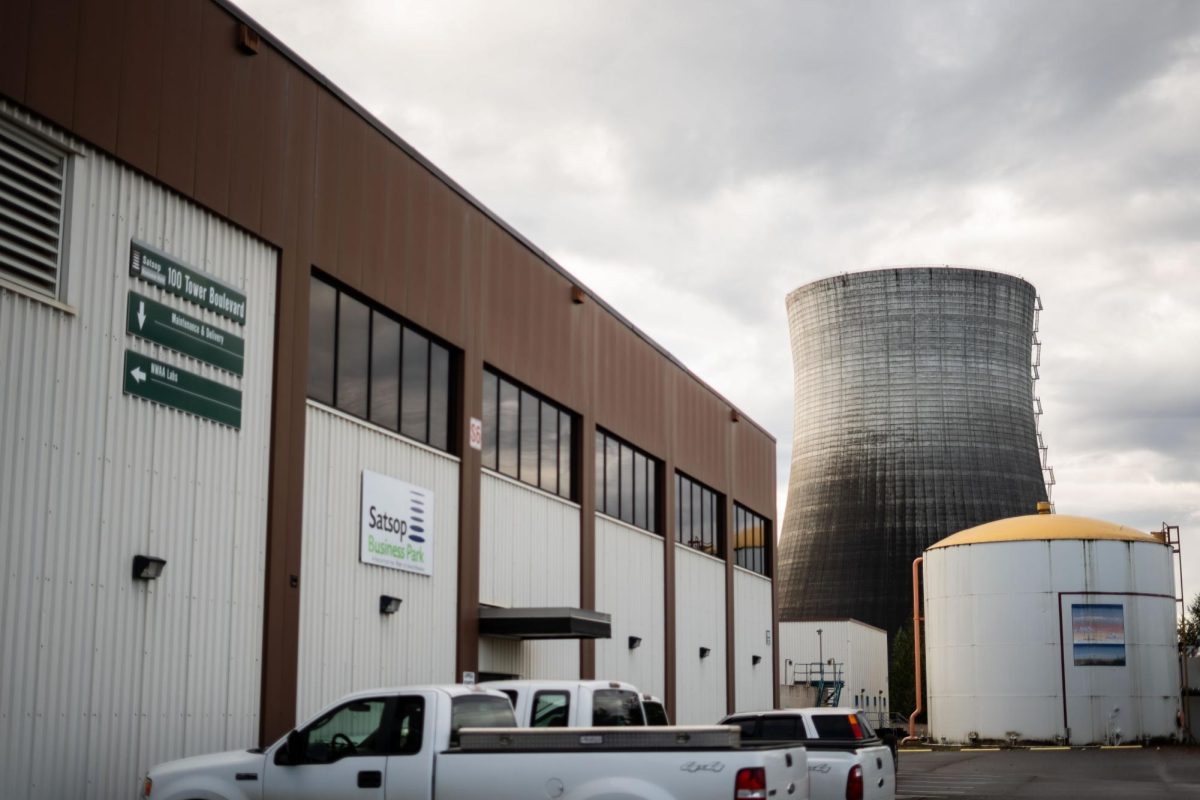On Tuesday, Oct. 8, at least nine Bangladeshi garment workers in the town of Gazipur were killed when their factory caught fire.
According to emergency officials, about 50 additional workers were injured during the blaze. The cause of the fire has not yet been determined, but according to the town’s chief firefighter, it originated in the knitting section of the Aswad Composite Mills factory.
Some officials placed the blame upon water shortages and a lack of any nearby fire stations, which would have ended the fire much more quickly. One man who was at the scene reported that the cause was a faulty textile machine. It was estimated that about 170 workers were inside the factory at the time of the fire–the majority of which were able to escape the building in time. Of the nine who died, three were managers, including the general manager of the factory, Rashiduzzaman Mandal.
The majority of the other victims were reportedly so badly burned that their bodies are impossible to identify at this time. The area was considered too dangerous for a full search and officials warned that it is entirely possible for the number of casualties to rise, especially considering the number of people who were injured during the fire.
The fire was successfully put out the following morning after a ten hour struggle waged by the firefighters.
This fire is the latest incident to call attention to the dangerously lax safety standards in Bangladesh. The deadly factory collapse that claimed the lives of 1,100 people in April is the most notable recent example. That collapse was the single deadliest factory accident since the notorious Bhopal disaster in India in 1984. Additionally, there was a similar fire that claimed the lives of 112 workers in the area last November.
These events have increased pressure on Bangladesh to reform the garment industry, which accounts for 80 percent of the countries exports as well as employs four million people. Many multinational corporations make use of Bangladesh factories to take advantage of the cheaper labor. These factors represent major obstacles to substantive reform of Bangladesh’s factory system, though that may be changing due to the string of high profile disasters.
86 companies based in 20 separate countries have signed an international agreement designed to improve the safety of Bangladesh’s factories, the Accord on Fire and Building Safety in Bangladesh. These include well known American companies such as Abercrombie & Fitch and American Eagle, as well as Fast Retailing, the largest retail company in all of Asia.
Despite this promising sign for increased safety conditions, there are many large and powerful American brands which have refused to sign this agreement. These include Walmart, Target and The Gap–all of which signed a different pact known as the Alliance for Bangladesh Worker Safety. The Alliance pact differs notably from the Accord in that it avoids any form of legal consequences for noncompliance with the pact, an aspect that has provoked sharp criticism.










